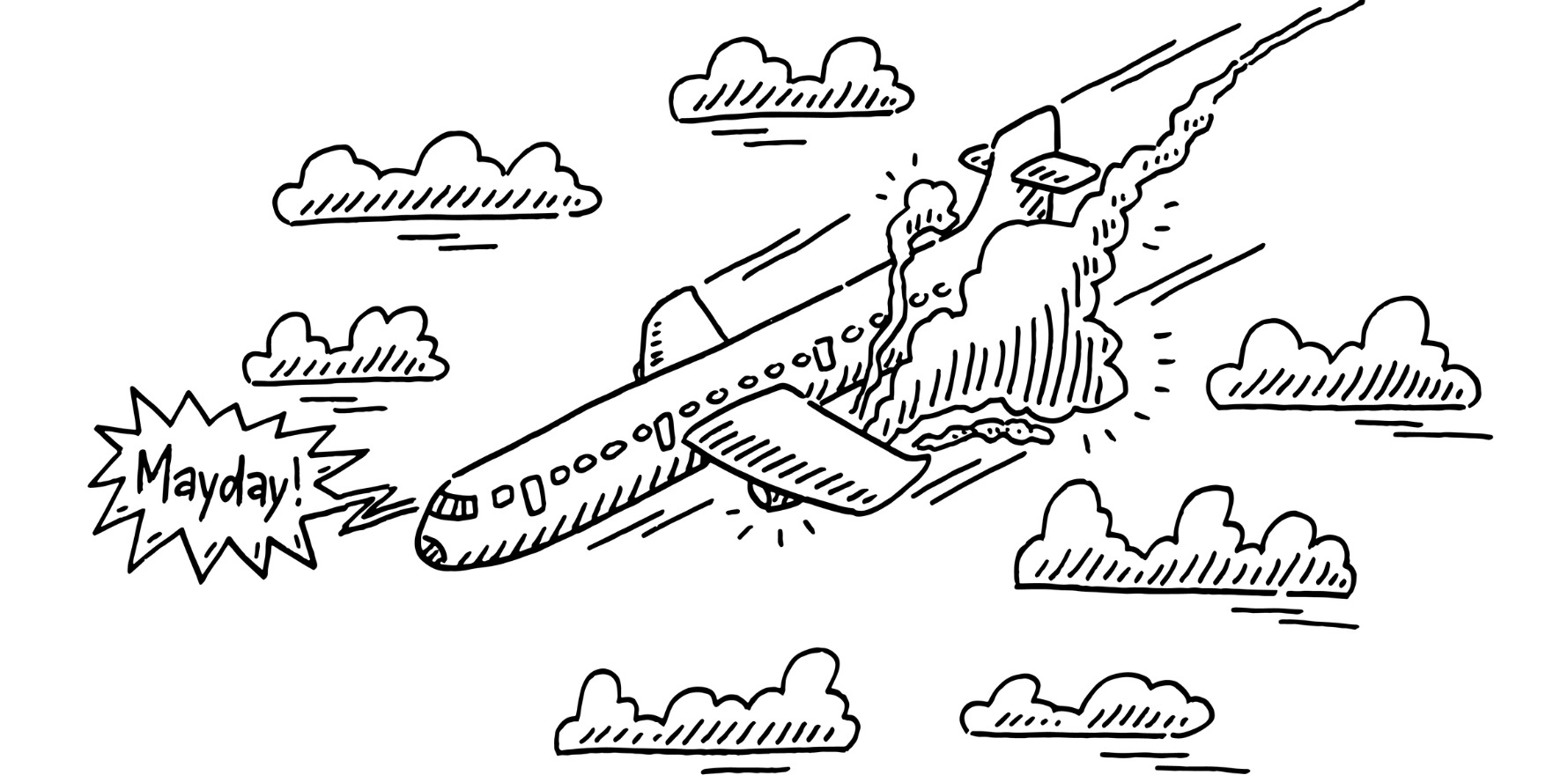The recent release has not addressed the concerns of GPs, prior to the pilot’s renewal.
After much deliberation, the Victorian Department of Health has officially revealed the evaluation for the statewide pharmacy pilot that confirmed the program’s permanence.
The Victorian government’s announcement of greater prescribing powers for pharmacists as part of the pilot has been met with criticism from numerous GP bodies.
Potential for patient safety risks and impeding effective multidisciplinary care were the primary criticisms from GPs who held concerns that the pilot would discourage general practice treatment for patients.
This prompted the independent evaluation conducted in late 2024 that reported on the outcomes for the pilot’s first 12 months of operation.
The pilot was aimed as a test run for an expanded community pharmacist role, facilitating specially trained pharmacists to provide certain prescription-only medicines.
Improved financial and physical access were the purported benefits of the scheme, with pharmacist bodies citing the current issues with rural health accessibility as an area the pilot would address.
However, despite the focus on rural health, the evaluation showed that 79% of patients that participated in the pilot were from metropolitan areas.
Related
“What this demonstrates really is that the areas where supposedly the access is most difficult are actually not the areas where this prescribing trial is being taken up,” Dr Anita Munoz, RACGP Victoria chair, told The Medical Republic.
“So that calls into question some of the rationale for why it was stood up in the first place.”
Many other elements of the evaluation were called into question, with the evaluation’s disclosure of the trial not being designed to be clinically controlled inevitably generating confusion from stakeholders.
The evaluation reported high satisfaction rates with both the service and access with one patient stating: “It is far too difficult, time consuming and expensive to attempt to see a GP on short notice”.
Concerns over how the pilot could impede effective multidisciplinary care were not fully addressed in the evaluation.
However, the Pharmacy Guild of Australia told TMR that: “Community pharmacists want to see this collaboration increase – not decrease”.
“Expanding services offered in community pharmacy does not limit collaboration with GPs.
“GPs and community pharmacists share a deep desire to help patients, we will achieve more if we work together in the best interest of patients and the communities we serve.”
RACGP Victoria also expressed concerns regarding the regulatory standards that the specially trained pharmacists are held to.
“The medical profession is held to such high standards from a regulatory point of view and all GPs and other clinicians in our state and our country know that and how intensely regulated we are,” said Dr Munoz.
“It seems like that expectation of high-quality standards have not been applied with anywhere near the same figure when it comes to these pharmacy prescribing pilots.
“Why is the person that diagnoses, prescribes and dispenses in a pharmacy not held to the same standards that medical practitioners are when they’re treating the same people?”
Meanwhile the first Charles Darwin University (CDU) pharmacy graduates to be awarded the title of “Doctor of Pharmacy” following accreditation changes from late 2024 have graduated.
CDU’s pharmacy faculty has welcomed the change stating that the title recognised the level of training required to provide the full range of medication management services, including prescribing.
“Pharmacy, like most health programs at CDU, is required to meet the rigorous national standards set by our Boards and is administered through the Australian Health Practitioner Regulation Agency (AHPRA),” CDU associate professor of pharmacy, Heather Volk, said in a statement.





